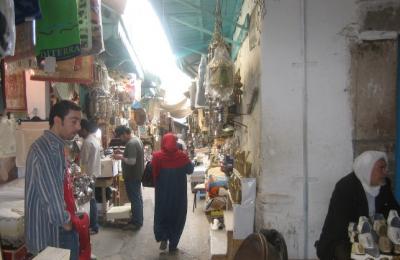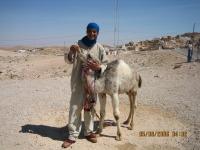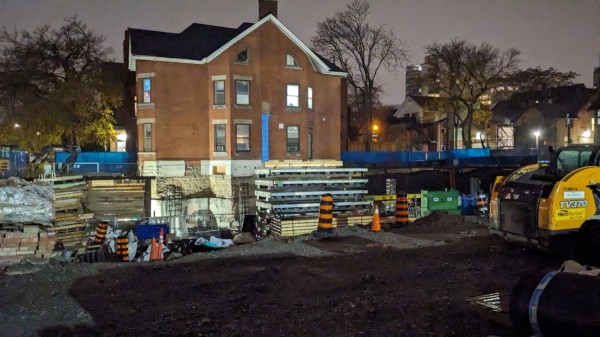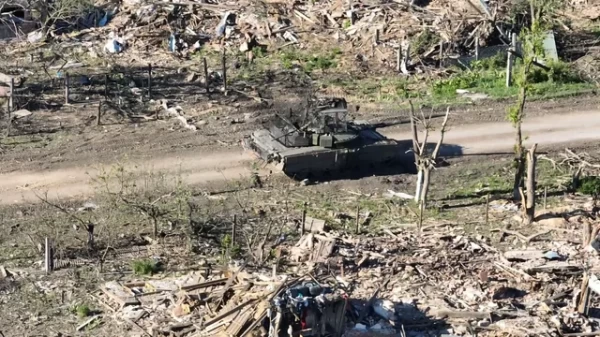Translated by Alliki Arro
I started school in the fall of 1943. I had turned ten. I was fluent in Russian and it had become clear to us that we were not going home anytime soon. When the war began, we had followed the progress of the German offensive and the movement of the front with bated breath. Our landlady was one of the few villagers who had a “radio” - a loudspeaker for the relay network. Levitan’s voice relayed news from the front to us and we were aware of the turning point in the war.
The school had one classroom, in which children in Grades 1-4 were given instruction. There were some twenty pupils and one teacher. It was always cold in the classroom, in spite of a stove in one corner, which, I’m sure, was heated. At the beginning of the school year the heads of all the pupils were shorn. Once a week we were checked for lice. At that time I didn’t have lice yet; I got them later. Textbooks were provided by the school. They were well-worn, and they continued to be used after we had finished with them. There were no exercise books, just some clean pages from exercise books. We wrote in the margins of the texts and between the lines. Coloured pencils were a great luxury item. Most of the children only had stubs of coloured pencils. I was surprised that the Russian children did not know how to draw. They really couldn’t. And in art class they only drew flags and tanks. You did not stay home from school: everyone came, even when it was bitter cold - because the school served soup at lunch. This usually consisted of a greyish liquid, with a few barleycorns swimming around at the bottom. You had to bring your own soupbowl and spoon every day. I walked to school and back with our only clay bowl. It did not fit into my satchel. To tell you the truth, I only went to that school for the soup. Although I had completed the first two grades in Malyshi, I was never given report cards.
In the spring of 1944 we were allocated a small garden plot. We planted a few things, and even some potatoes. We couldn’t wait for the carrots to grow big enough to eat. I kept testing their size by sticking my finger into the earth. We had already harvested the onion shoots, when we were given orders to pack our things. We were taken to the Medvedok dock to wait for a boat. We sat there for days with nothing to do and no food.
The boat never came. Some of the more zealous among us found work on the dock - they went to load bags of salt. Eva, too, was among them. I don’t know whether there were orders given or whether the people themselves eventually started to disband. We went back to our former landlady in Malyshi. It was the middle of summer. Our garden plot was given back to us, but there was nothing to harvest any more. We were familiar with the area surrounding Malyshi, and you were always able to find something to eat in the summertime, but the food shortage became acute again in the winter. The same thing happened in the following year - in the spring we planted cucumbers, carrots and beets in our garden plot. In August we were ordered to pack our things and leave again. This time we left for good.
I can not shift to a new locale in my story without mentioning, with the greatest appreciation and respect, our landlady Anna Sergeyevna. It was thanks to her, that we were able to overcome many difficult situations more easily. She was a native of that village, and had experienced only hardship and misery throughout her life. She was illiterate, and her health was poor. When farms were collectivized in the Soviet Union, she had barely avoided being declared a “kulak”. Her husband and son had been called up when the war came, and there was no news of them. We experienced a particularly difficult period during our stay in Malyshi. Tiia Õunapuu died in the early spring of 1943. We went to her burial. Our village did not have a cemetery, but there was one in Batyli, a village across the river. The river had risen and flooded the surrounding marsh. We stood on the shore watching the boat take the coffin away. Mother could hardly stand on her own two feet; you had to support her. And the villagers were saying “Sleduyushaya budet Anna Gansovna” (Anna Hansovna, [ i.e. our mother] is going to be the next one to go). If it had not been for our landlady, mother really would have been the next one to die and remain forever buried in the sand on the shore of the Voya River in Russia. And when we left Malyshi for the second and last time Anna Sergeyevna hugged all of us and said “Poidu pomolyus sa vas” (I’m going to pray for all of you). I am positive she did. (To be continued)
Letter to my Father (8)
Järjejutt
TRENDING






















